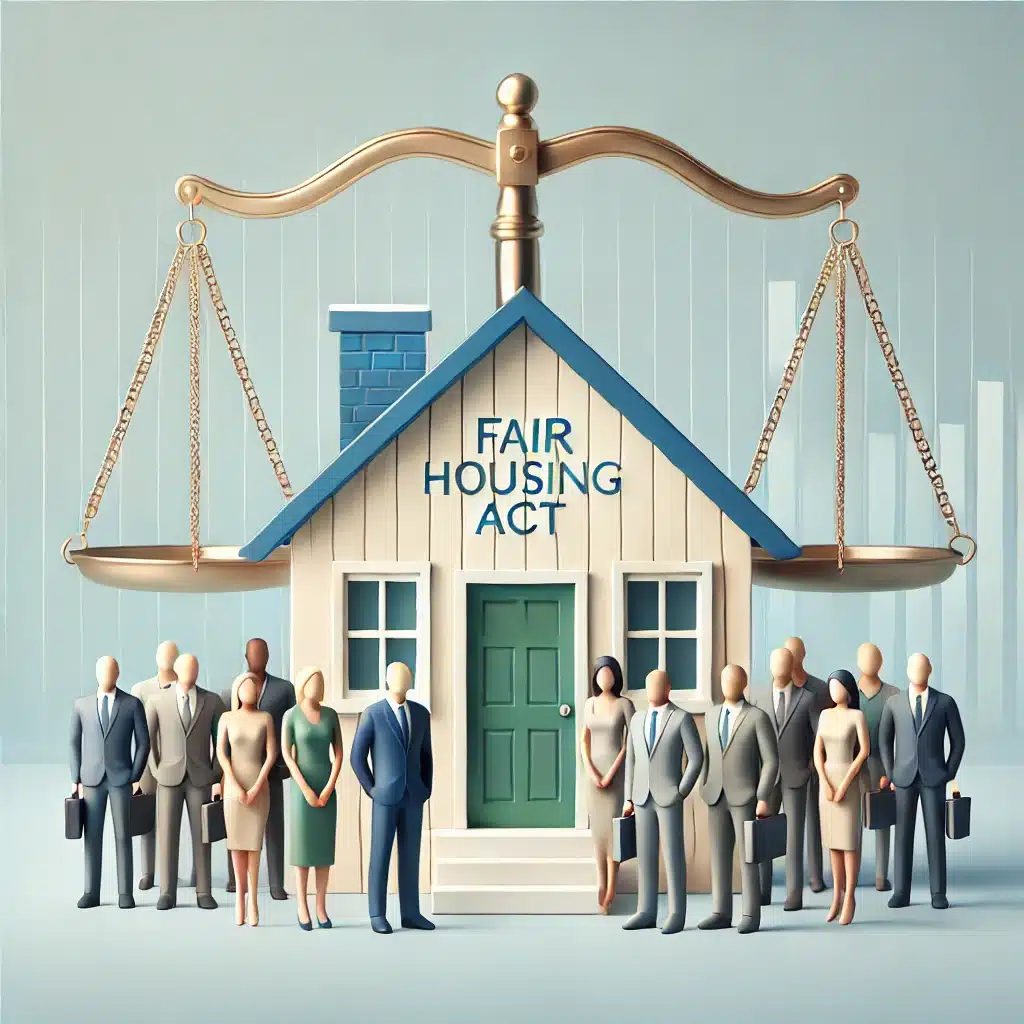In 1968, Lyndon B. Johnson passed the Fair Housing Act. This was the landmark law that made it illegal to discriminate in housing transactions. The law was expanded again in 1975 and again in 1988 to become the law that it is today.
The Act prohibits any mortgage lending agent, realtor, real estate agent, property manager, landlord, or other housing professional from discriminating against anyone for their race, color, national origin, gender, gender identity, sexual orientation, disability status, or familial status.
In addition to the federal Fair Housing Act, different states have their own set of laws. Florida, for example, has its own fair housing law.
See also: Key Strategies to Address the Racial Wealth Divide through Homeownership
What counts as discrimination under the Fair Housing Act?
There are many actions that can count as discrimination. The most blatant and obvious one is refusing to rent or sell a house to someone because you don’t like the protected class they are part of. Housing discrimination also happens when someone offers different terms to a protected class than they would to someone whose status they prefer.
In mortgage lending, you can be discriminated against if your provider refuses to provide you with information, refuses to make a loan, imposes higher interest rates, points, or fees than would otherwise be applicable, appraises a dwelling lower or higher for discriminatory reasons, or makes loan approval conditional on reactions to harassment.
It’s even illegal to market high-risk products in certain neighborhoods, or to mark certain neighborhoods as low risk or high risk in appraisals.
A mortgage lender may only approve and deny the loan based on factors like your income, credit score, credit history, and debt-to-income ratio.
See also: From Application to Approval: A Guide to the Loan Underwriting Process
What is the fair housing law in Florida?
Florida law mimics federal law, though adds some additional provisions. For example, it’s illegal to publish discriminatory advertisements for housing.
Florida law also requires multi-family dwellings built after March 13, 1991 to be built in accessible fashion unless it is impractical to do so because of terrain or unusual characteristics.
How do you make a Fair Housing complaint?
You can file a fair housing complaint with HUD. They’ve listed multiple reporting methods on this web page.
You should never be afraid to make a complaint. Retaliation is also illegal under Fair Housing Law.
Fair Housing With the Doce Mortgage Group
At the Doce Mortgage Group, we believe in treating everyone with respect and follow Fair Housing Law to the letter. If you wish to be sure that you’re treated well as you seek your next mortgage loan, contact us to schedule a free consultation today.
